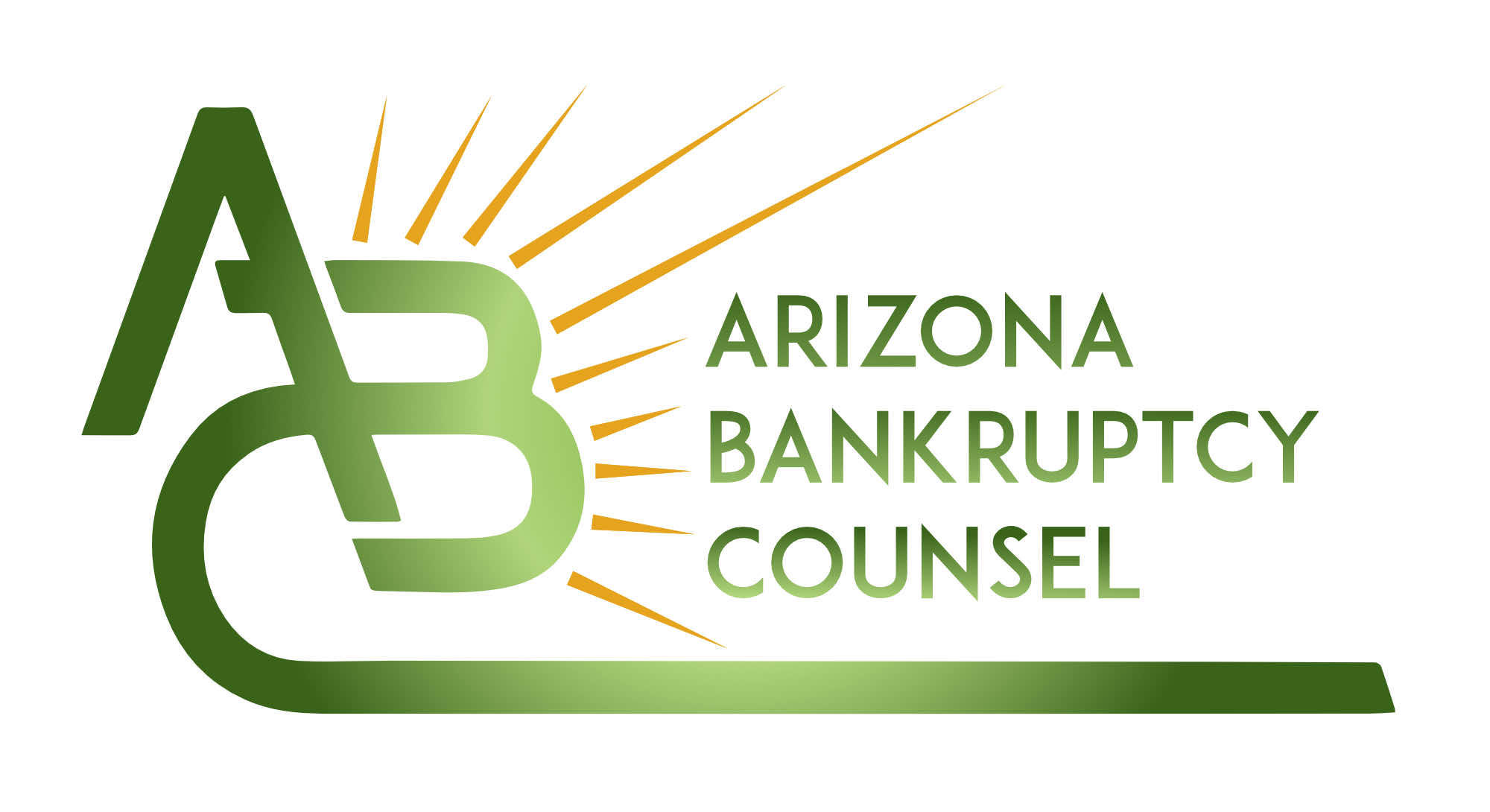“Will I lose my house if I file for bankruptcy?” We hear this question often in our office. One of the main concerns I hear from people facing bankruptcy is whether they will lose their home. The answer to this question comes in several parts.
The Homestead Exemption
First, if you qualify to claim Arizona exemptions, $150,000 of your equity in your home is exempt. So if you own a $300,000 home with $160,000 in mortgages, you have $140,000 in equity, and all of that is exempt.
Here’s what that means in a chapter 7 bankruptcy case: an asset that is “exempt” is not part of the liquidation process. That means that the chapter 7 trustee does not sell the asset to pay creditors. In this example, since there is less than $150,000 in equity, the trustee will not sell the home.
With a chapter 13 bankruptcy case, an exempt asset is not counted toward calculating the amount you have to pay creditors. In the example, since all of the equity is exempt, keeping the home will not increase your chapter 13 plan payments.
If we changed the example, and had a $300,000 home with a $140,000 mortgage, you would have $160,000 of equity, which is $10,000 over the $150,000 exemption limit. In this case, a chapter 7 trustee may seek to sell the home and use the proceeds to pay creditors. This would be one reason to consider a chapter 13 case.
In a chapter 13 bankruptcy case, the $10,000 of equity above the exemption would be included in calculating your monthly plan payment. In a 60-month plan, this excess equity would add $167 (10,000 ÷ 60) to your monthly chapter 13 plan payment. If the excess equity is so high that it would make the plan payment unaffordable, you can also provide in a chapter 13 bankruptcy plan for the sale of the home, allowing you to reinvest $150,000 of the equity in a new home.
I note that exemptions are not automatic; you must claim the exemptions in the schedules, and there are best practices for maximizing the value of your exemption claim. And although the rules require you to estimate the value of your home, your estimate does not bind the trustee or the creditors. So if the trustee can find an offer for $400,000, then under either example trustee will sell the home and you will get a check for $150,000 from the sale proceeds (which you will need to reinvest promptly, but that’s another discussion).
In short, a properly asserted homestead exemption can prevent a chapter 7 trustee from selling your home to pay creditors, and exclude its value from the formula for calculating your chapter 13 plan payment.
The Mortgage Company and Other Lienholders
Of course, the trustee is not the only person looking to collect from your home. Your mortgage company, your HOA, or your other lienholders may have the right to foreclose if you are behind on payments or other obligations secured by your home.
If you are not behind on your payments at filing, and if you remain current after you file, the bankruptcy will not affect your ability to keep your home.
If you are behind at the time you file any kind of bankruptcy petition, the filing by itself automatically stays these creditors from proceeding with a foreclosure sale or other collection efforts. However, the creditors can ask the bankruptcy judge to let the proceed by filing a motion to lift the automatic stay.
In a chapter 7 bankruptcy case, the creditor’s motion will likely be granted unless you can immediately come current on the mortgage. This is another reason people often chose to file a chapter 13 bankruptcy case.
In a chapter 13 bankruptcy case, you can use the chapter 13 plan to come current on your past due payments and stay current on your future payments. This works well if, after the bankruptcy filing, you have enough income after expenses to allow you to stay current on your mortgage, cure any past-due payments, and fund other plan payments. In Arizona, all of these payments are wrapped into the chapter 13 bankruptcy plan if you are in default on your mortgage payments at the time you file.
There are, unfortunately, times when your ongoing income will not allow you to cure and stay current on your mortgage payments. That can be a painful situation to face. If you choose to let go of your home but still have equity in it, a chapter 13 bankruptcy case can allow you to sell the home and promptly invest the equity in a new home.
Don’t Wait Until the Last Minute
At least 90 days before you face a foreclosure sale, you should receive a Notice of Trustee’s Sale. Even that should not come as a surprise, as you know you have missed mortgage payments. Waiting until the last minute to try to save your home could cause you to lose important rights. Contact a bankruptcy attorney early in the process, so that you can make orderly plans to keep your home without putting your home, or your other assets, in danger.
Please feel free to contact me online, by phone at 480-639-6719 or by email to [email protected], to discuss these options in more detail and to identify the solution that best fits your situation.

